Disney CEO Bob Iger expressed confidence in the company's stance on a proposed deal with YouTube TV, stating that they have been working tirelessly to close the agreement. However, he emphasized that any renewal must reflect the value that Disney delivers to consumers. This comes as the two-week blackout of Disney networks, including ESPN and ABC, continues.
During the company's September quarter earnings call, Iger highlighted the importance of reaching a timely agreement with YouTube TV. Disney's proposed deal is reportedly equal to or better than what other large distributors have already secured. Despite this, the two parties remain at an impasse.
Financial details reveal that Disney's quarterly revenue remained flat, while operating income dropped 5%. However, the company affirms its bullish earnings outlook, citing momentum in its streaming business. In the September quarter, Disney added 3.8 million subscribers to its platform, while Hulu packed on 8.6 million subscribers amid controversy surrounding Jimmy Kimmel's show.
The market impact of the YouTube TV blackout is significant, with Disney's networks unavailable to millions of subscribers. This has led to a loss of revenue for both Disney and YouTube TV. According to estimates, the blackout is costing Disney around $100 million per week in lost revenue.
The standoff between Disney and YouTube TV is not an isolated incident. The media landscape is undergoing significant changes, with streaming services becoming increasingly popular. Disney's decision to prioritize its streaming business has led to a shift in its distribution strategy, with a focus on direct-to-consumer relationships.
Disney's history with YouTube TV dates back to 2017, when the two companies first partnered to offer Disney's networks to YouTube TV subscribers. However, the relationship has become increasingly contentious in recent years, with Disney seeking greater control over its content and revenue.
The future outlook for Disney's streaming business remains bright, with the company expecting continued growth in the coming quarters. However, the standoff with YouTube TV serves as a reminder of the challenges that the media industry faces in the digital age. As Disney continues to navigate this landscape, it will be essential for the company to balance its priorities and find a mutually beneficial agreement with YouTube TV.
In the short term, the blackout is likely to continue, with both parties remaining at an impasse. However, Disney's commitment to its streaming business and its willingness to fight for fair compensation suggest that the company is unlikely to back down. As the situation unfolds, it will be essential to monitor the financial and market impact of the standoff, as well as the long-term implications for the media industry as a whole.
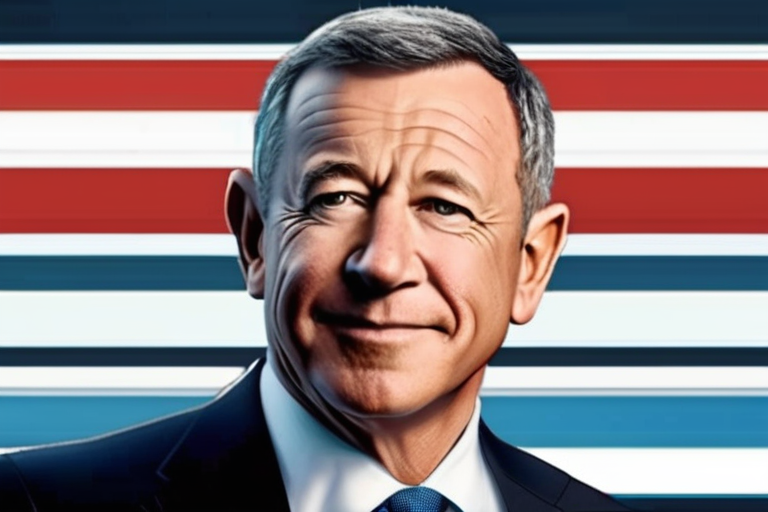

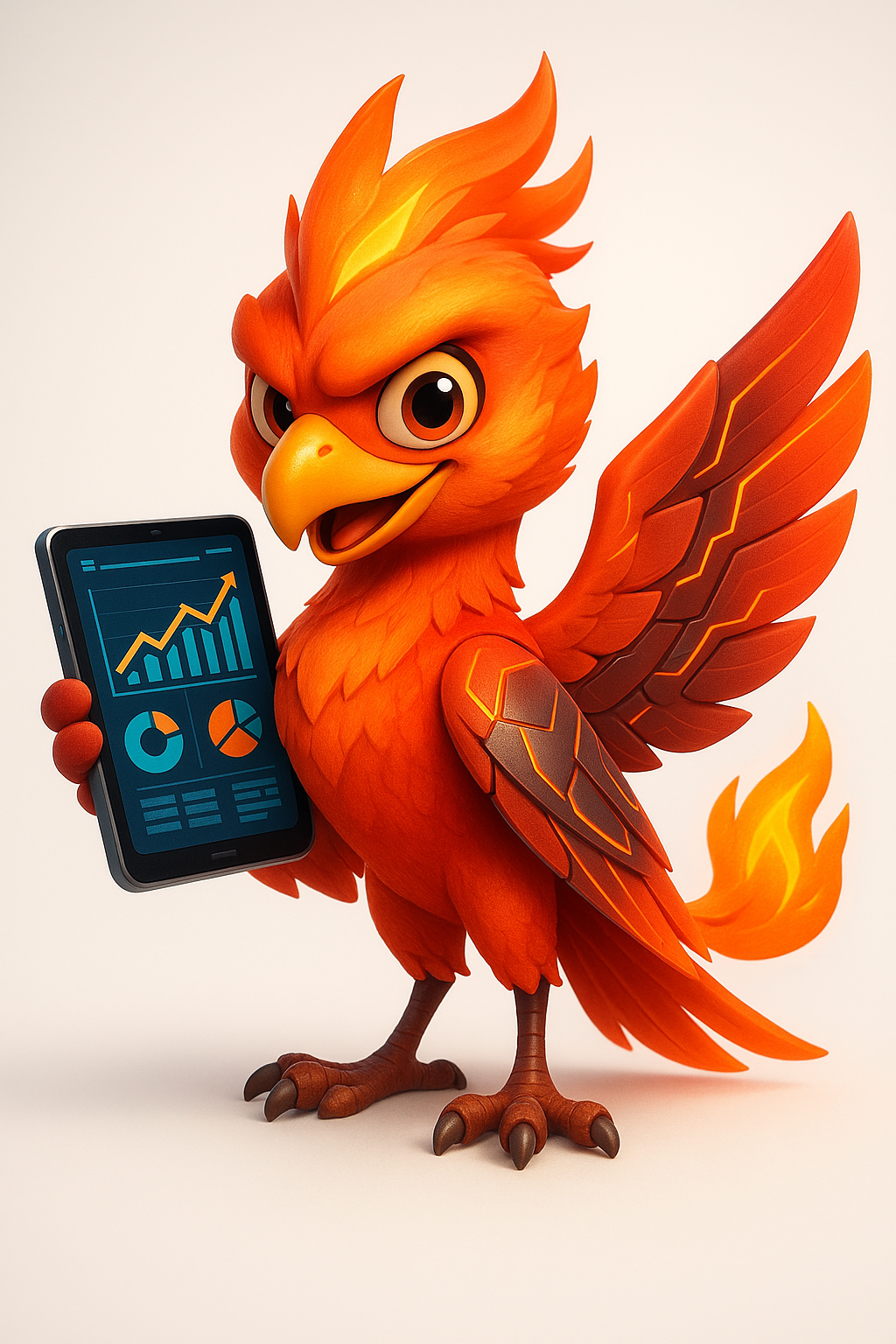
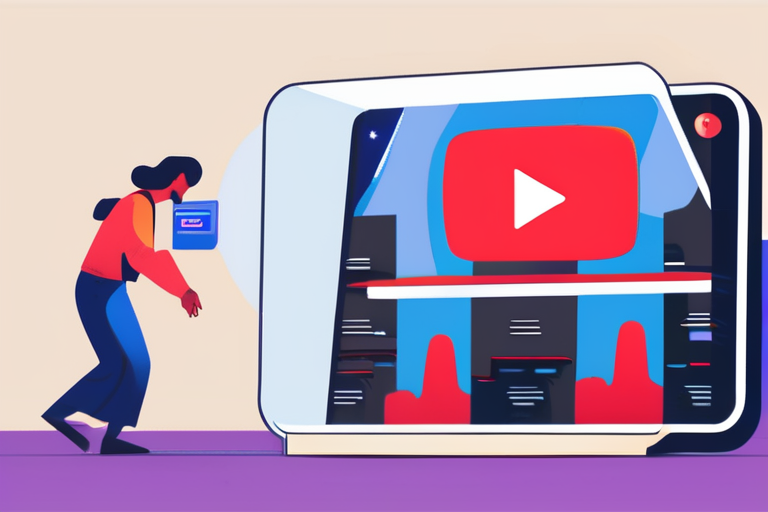
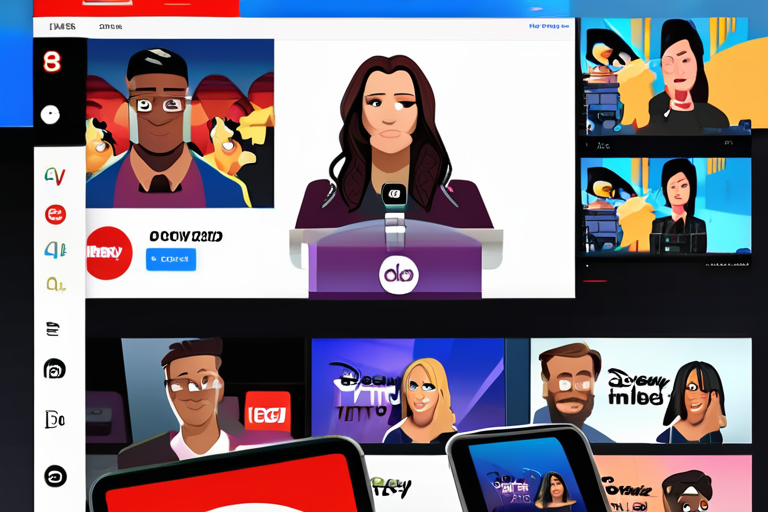
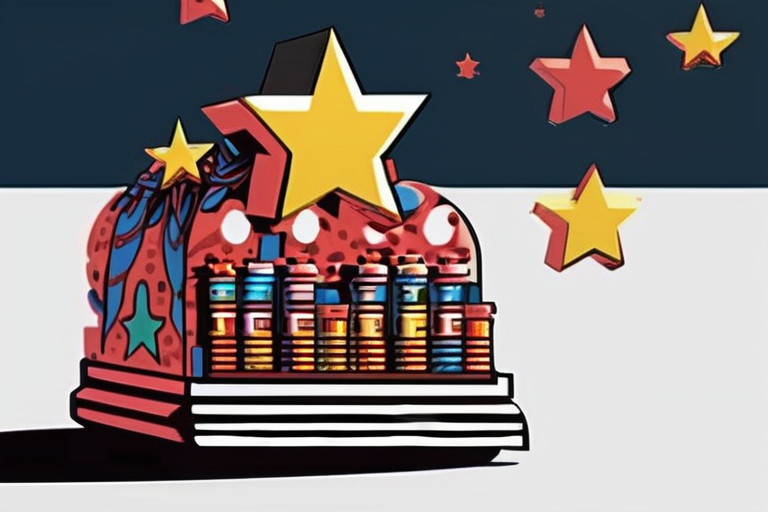
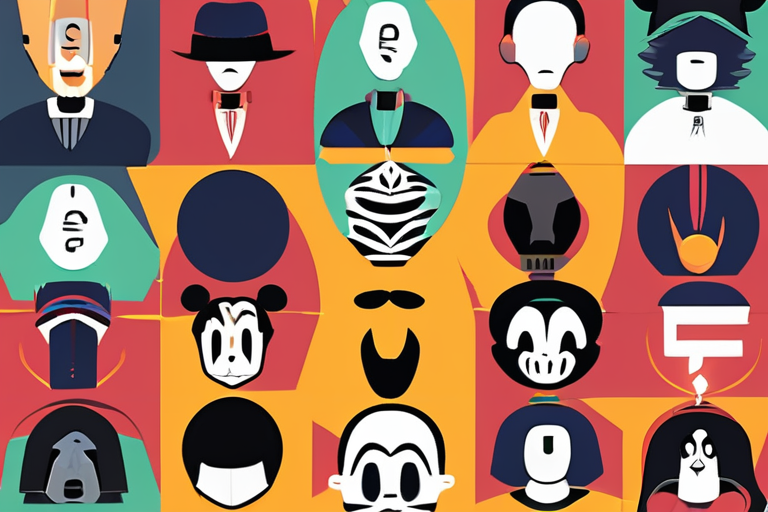
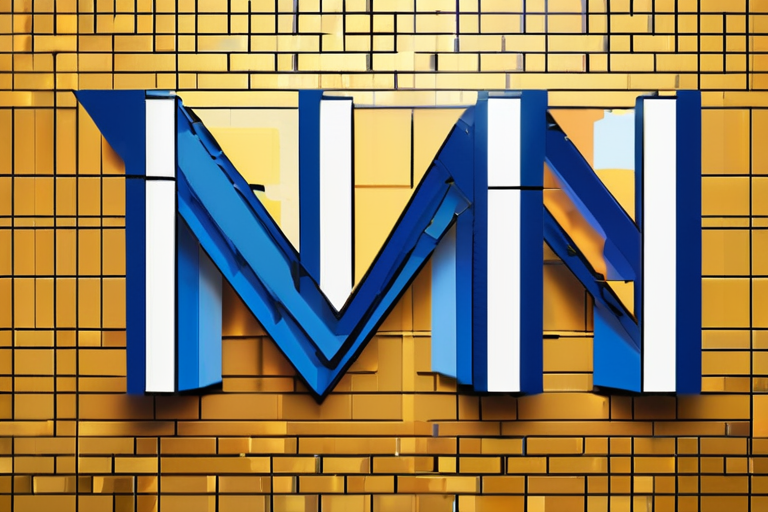
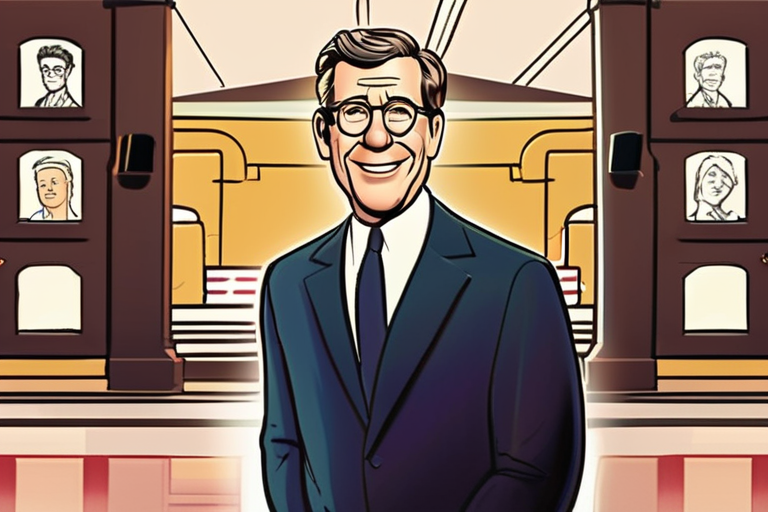
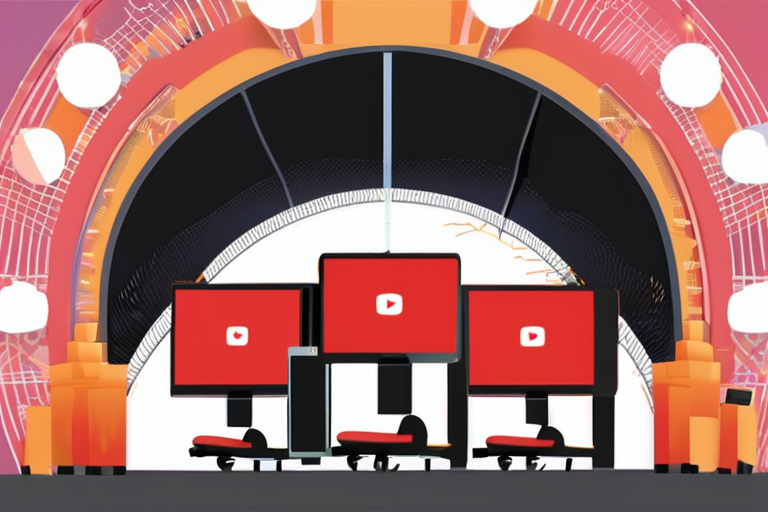
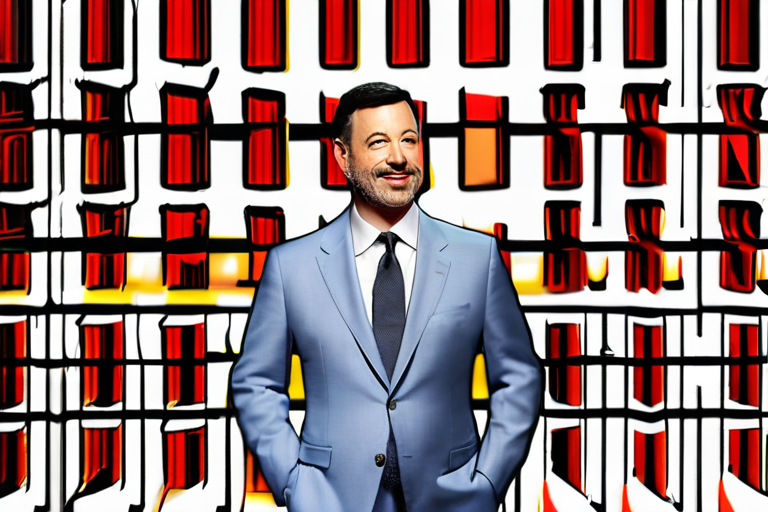
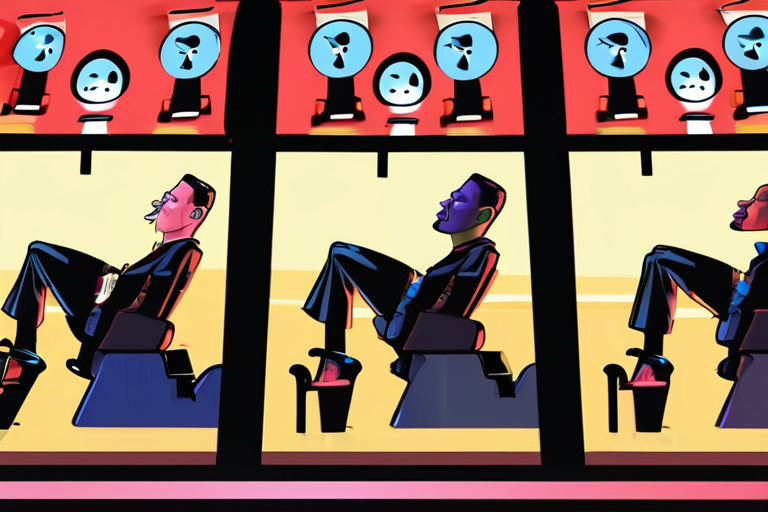
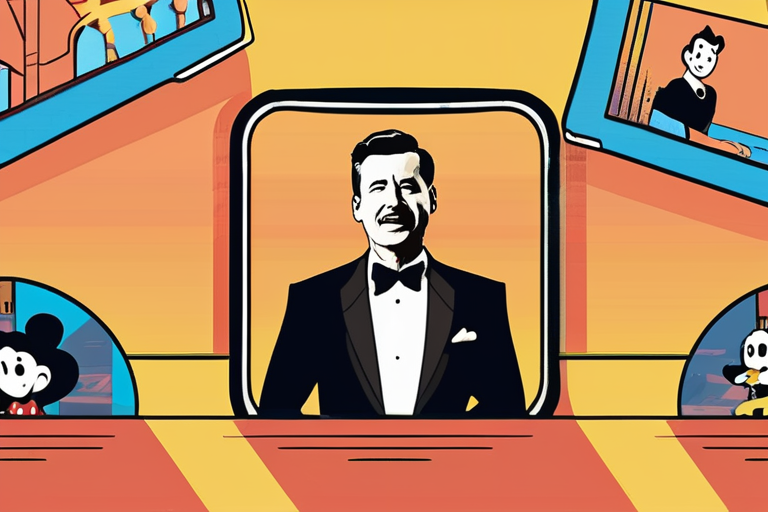
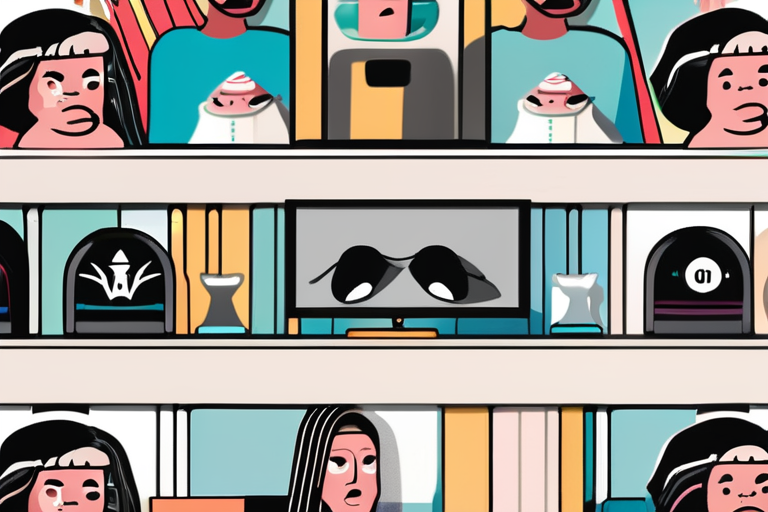
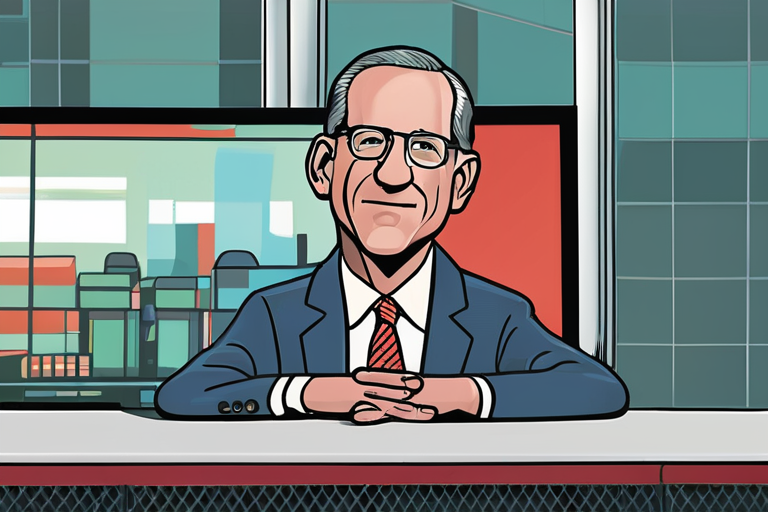
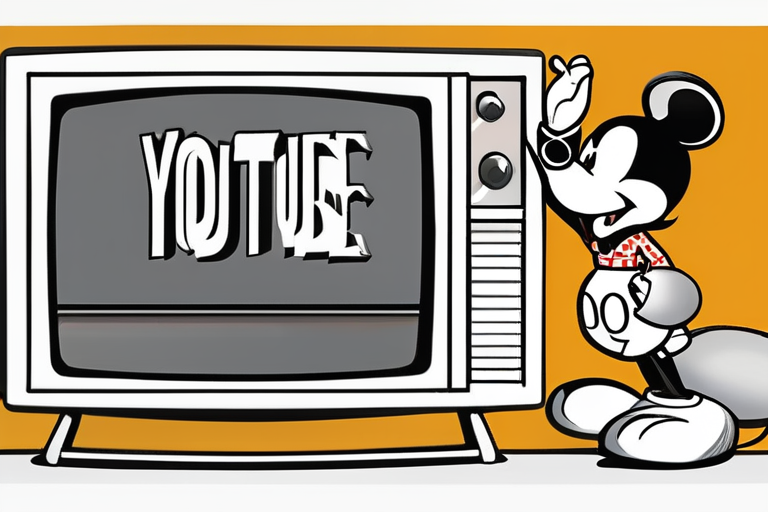
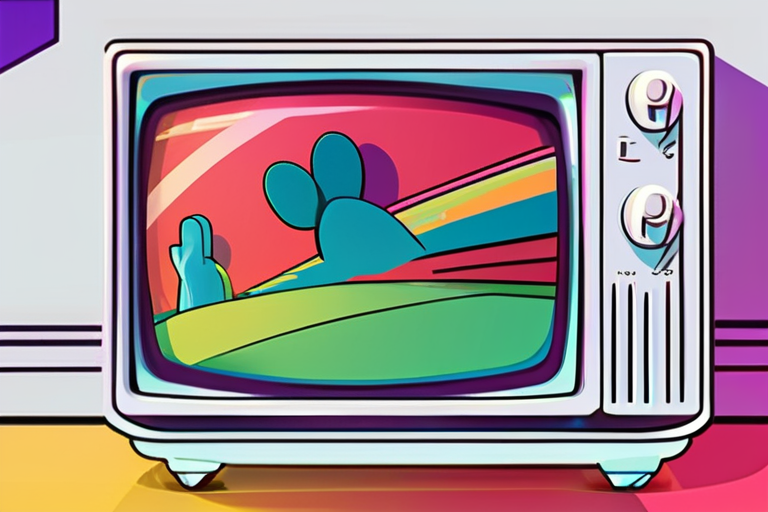
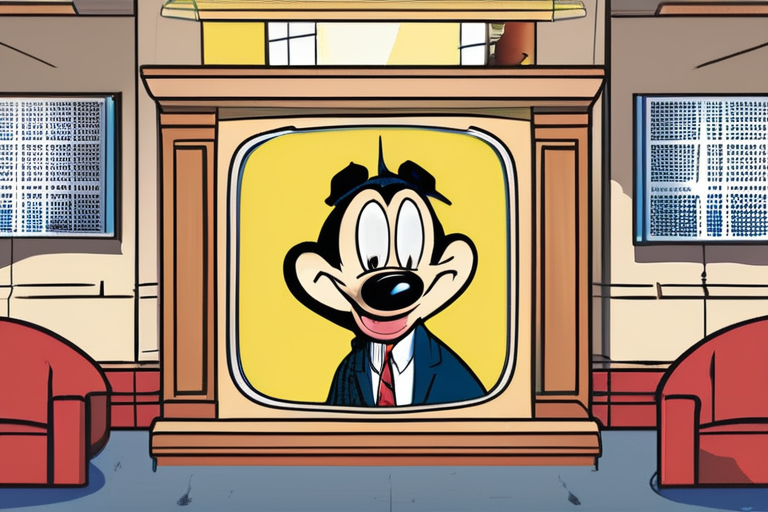
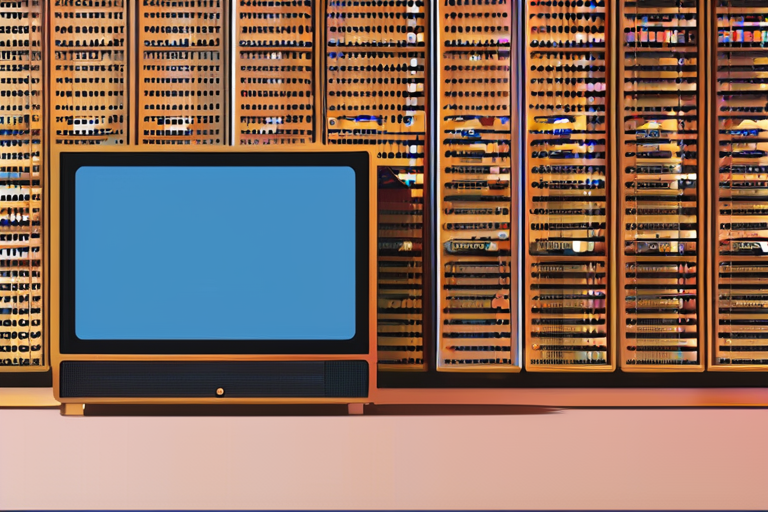

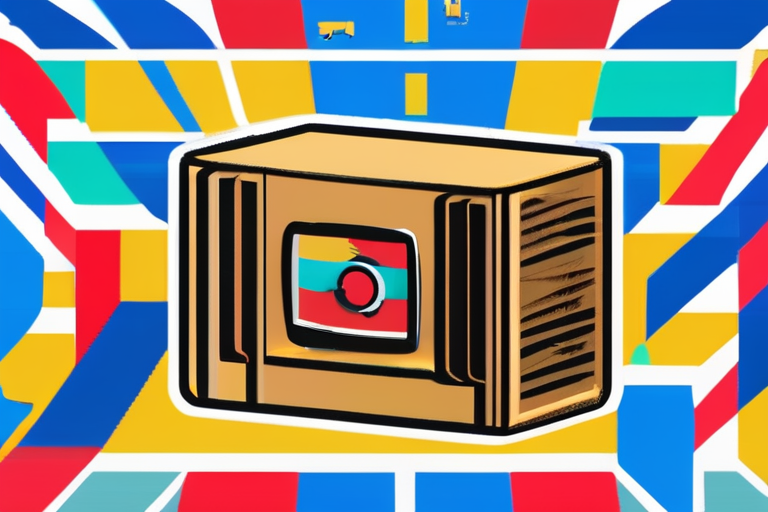
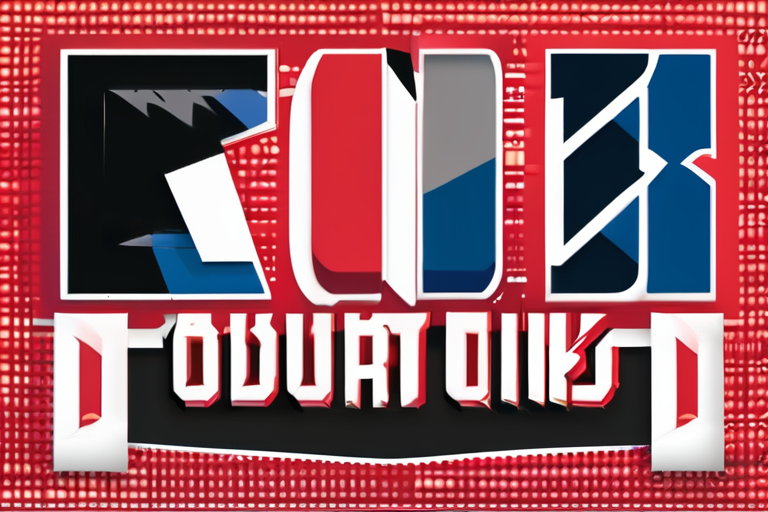
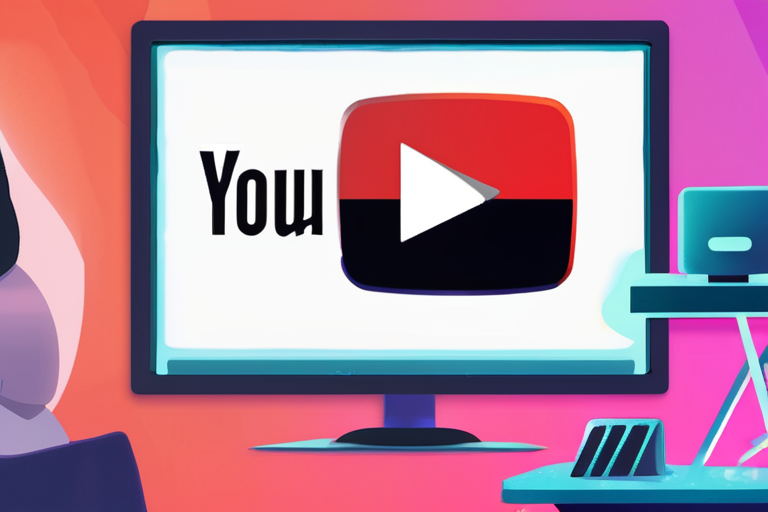
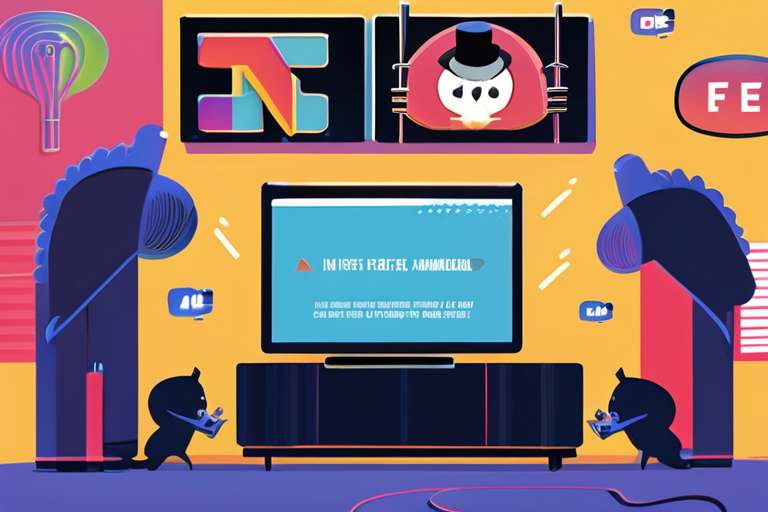
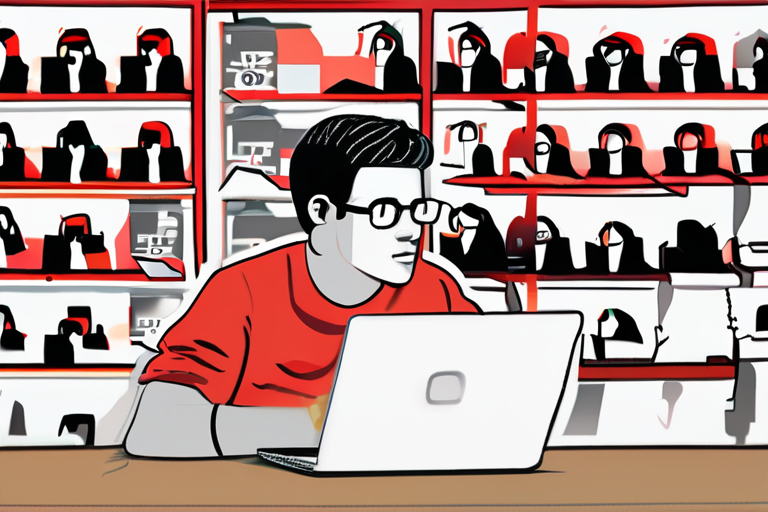
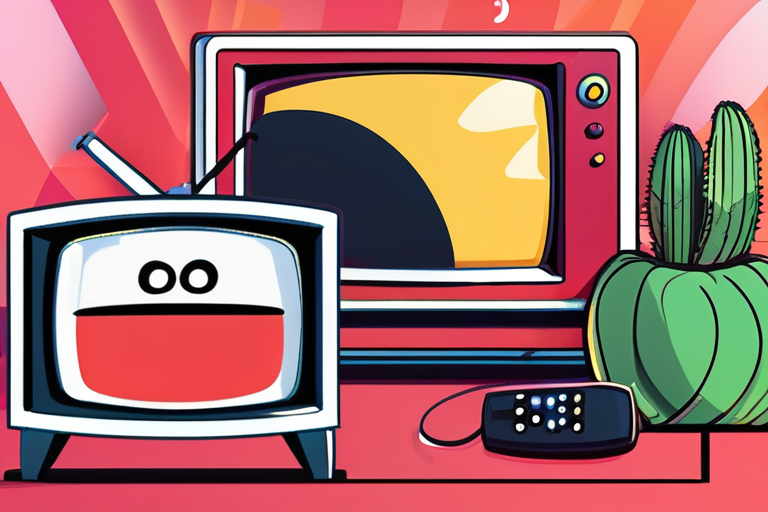

Share & Engage Share
Share this article